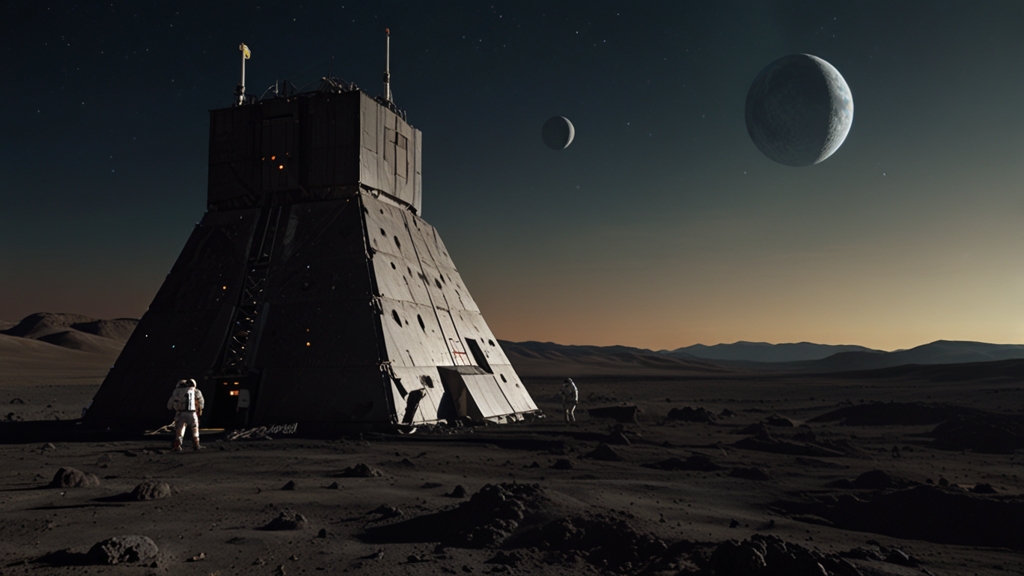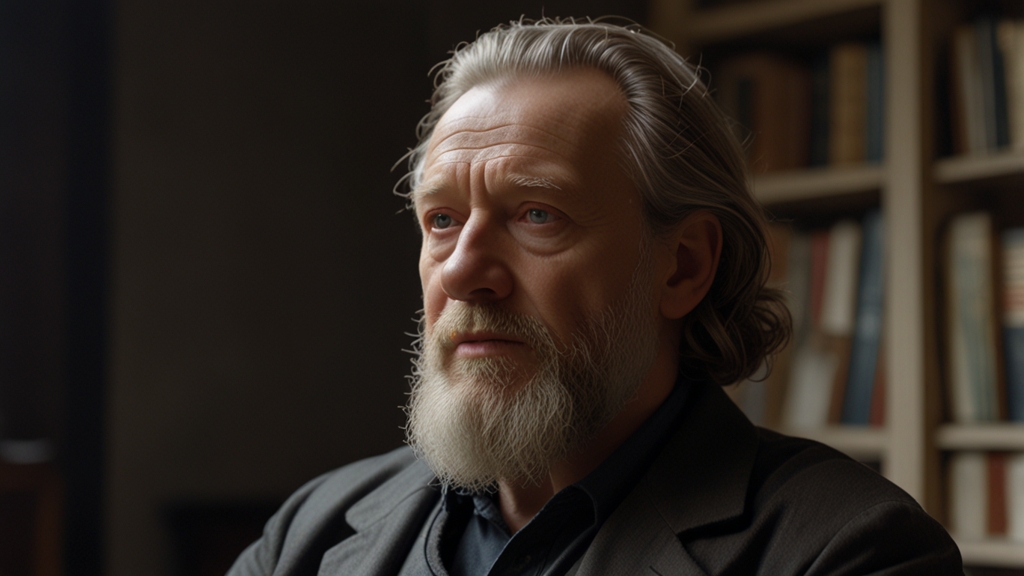A New Age of Understanding Creation: The Intersection of Science and Faith
The dialogue between science and faith has often been framed as a contentious battle. Historically, prominent scientific discoveries have sometimes seemed to challenge religious narratives, prompting fierce debates and creating divisions. However, a new age of understanding and coexistence is emerging, one where the boundaries between science and faith blur and complementary insights flourish.
The Historical Divide
For centuries, the relationship between science and faith was marked by tension. The trial of Galileo Galilei in the 17th century is a notable example. Galileo's support for heliocentrism, the concept that the sun is at the center of the universe, was deemed heretical by the Catholic Church, which adhered to the geocentric view. This historical episode symbolizes the conflict between scientific inquiry and religious doctrine that persisted for much of human history.
“Science without religion is lame, religion without science is blind.” - Albert Einstein
Bridging the Gap
As we venture further into the 21st century, there is a growing trend to reconcile scientific and spiritual perspectives. Thought leaders in both domains recognize that each offers unique contributions to our understanding of existence. Scientists provide empirical insights and technological advancements, while faith offers moral guidance and a sense of purpose.
One of the essential shifts in contemporary discourse is the acknowledgment that scientific and religious explanations are not mutually exclusive. Rather, they can be seen as different lenses through which to explore and appreciate the universe. This holistic approach encourages dialogue and mutual respect, allowing for a more nuanced understanding of our world and our place in it.
The Science of Creation
One of the most profound intersections of science and faith is the study of creation itself. Cosmology, the study of the universe's origin, structure, and development, has made significant strides in recent decades. The Big Bang theory, which posits that the universe began as a singular, extremely dense point approximately 13.8 billion years ago, is widely accepted in the scientific community.
For many religious thinkers, the Big Bang theory does not negate the concept of a divine creator. Instead, it can be viewed as a potential mechanism through which a higher power initiated the universe. This perspective fosters a harmonious integration of scientific and theological narratives.
“The more I study science, the more I believe in God.” - Albert Einstein
Evolution and Divine Purpose
Similarly, the theory of evolution by natural selection, first proposed by Charles Darwin, has been a point of contention between science and religion. However, many modern theologians and scientists find ways to reconcile evolutionary theory with belief in a purposeful creation. They argue that evolution could be a method employed by a divine intelligence to bring about the diversity of life observed on Earth.
This view is encapsulated in the concept of "theistic evolution," which sees God's hand in the natural processes that drive evolution. It suggests that religious faith and acceptance of scientific evidence are compatible and can coalesce into a comprehensive understanding of life's origins and development.
Ethics, Meaning, and the Human Experience
Beyond questions of origin, science and faith intersect profoundly in the realms of ethics and meaning. Scientific advancements, especially in fields like genetics, artificial intelligence, and biotechnology, raise complex ethical questions. Religious teachings often provide the moral frameworks that guide the responsible application of scientific and technological innovations.
Moreover, the quest for meaning is a deeply human endeavor that transcends empirical inquiry. While science explains the "how" of existence, faith often addresses the "why." Together, they fulfill the dual aspects of human curiosity and spirituality, offering both knowledge and wisdom.
Conclusion
The evolving relationship between science and faith heralds a new age of understanding creation. By embracing both empirical evidence and spiritual insights, we can cultivate a more comprehensive and inclusive view of the universe. This intersection fosters a culture of curiosity, respect, and wonder, enriching the human experience and deepening our appreciation of the cosmos.
As we move forward, it is essential to continue this dialogue, recognizing that science and faith need not be adversaries. Instead, they can be partners in the ongoing journey to understand the profound mystery of creation and our place within it.







